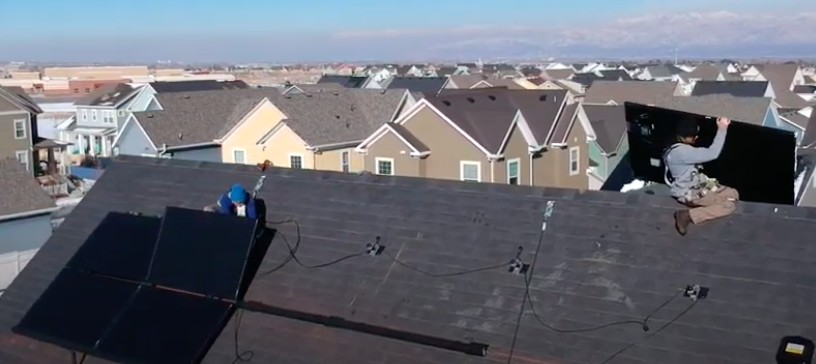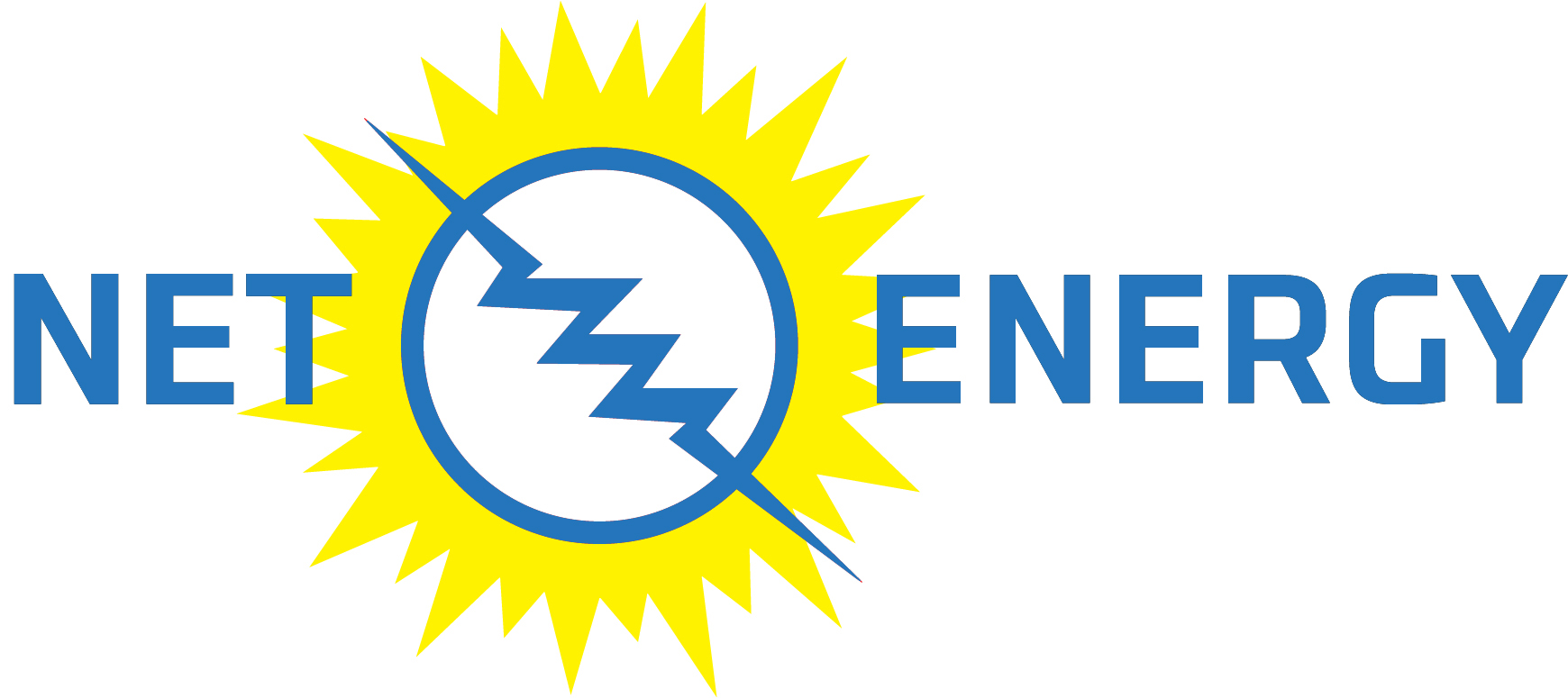
Solar advocates are gearing up to challenge a ruling by Utah utility regulators lowering the credit Rocky Mountain Power awards its customers for the excess electricity they generate from rooftop photovoltaic panels and then “export” into the grid.
Even more troubling to solar-installation companies is the Public Service Commission’s decision to reevaluate “solar export credit” every year. They say throwing such uncertainty into homeowners’ calculus for deciding whether it’s worth investing in a rooftop system could be a deal-breaker for many.
The Public is Upset
Most upsetting of all to solar advocates was the commission’s refusal to consider the public interest and to support consumer choice in resetting the credit. Commissioners said such policy considerations were outside the scope of their authority, which is focused on ensuring safe, reliable and reasonably priced power and a healthy financial return to the regulated utility.
Cutting the credit to half the power’s retail value penalizes homeowners who invest in solar systems, which not only reduce emissions that pollute the air and contribute to global climate change, but also benefit the utility and its infrastructure as a whole.
The solar trade group, and its allies like nonprofit advocates Utah Clean Energy and Vote Solar, fought Rocky Mountain Power’s request to slash the export credit by 85% and will likely request a rehearing.
Serving most Utah residents, Rocky Mountain Power argued that its growing number of solar-power customers are not paying their fair share to cover the utility’s vast fixed costs associated with maintaining the network of wires, substations and transformers, known as the grid.
That’s 35% below the “transition” 9.2-cent credit established three years ago when the commission eliminated a one-for-one credit that awards “grandfathered” customers one kWh for every one they piped into the grid. Those credits go toward electricity used in those homes when the sun is down or blocked by clouds. According to an analysis by Vote Solar, 59% of the 406 million kWh solar-powered Rocky Mountain Power customers generated in 2019 was exported into the grid.
Historically dependent on coal, Rocky Mountain Power is increasingly moving to renewables, but it is looking to get that juice from “utility-scale” projects and California’s peak-hour surplus. The 350 megawatts generated on Utah roofs pales in comparison with the 7,000 megawatts the company plans to get by 2023 from solar farms now under development, according to Hall.
Currently, 40,000 homes and businesses are pumping rooftop-generated power into the Rocky Mountain Power grid. That’s only 2% of the utility’s customers.
Solar advocates also objected to the decision’s failure to lift the March expiration date on customers’ accumulated export credits, which was put in place to discourage homeowners from overbuilding their rooftop systems.
Solar industry representatives on Friday filed a petition seeking to push back the deadline to Jan. 1 to give homeowners a few extra weeks to apply for the export credit program under the more favorable rate.
According to Jones, hundreds of homeowners had been waiting for the PSC decision before deciding whether to purchase a rooftop system, which runs about $20,000. The surprise deadline meant they had only a few hours to get their paperwork by midnight on Oct. 30.
By the time Jones received the ruling, it was late in the day and he spent the rest of it feverishly calling his customers. He said he got about 25 applications filed before midnight, but many more are out of luck.
Net 0 Solar Energy
The best solar company in South Florida, Net 0 Energy Homes employs a highly experienced team of expert solar panel installers of domestic and commercial solar panel (PV) systems across South Florida, including West Palm Beach, Fort Lauderdale, Miami, Florida Keys, and the Bahamas.
We also provide and install radiant barrier attack shield, quality insulation, solar water heaters, solar pool heaters, and a myriad of other amazing products to keep your home’s heating and cooling costs as low as modern science will allow. Contact now for a consult on how solar can work for you.
Net 0 Zero Energy solar electricity systems are made of high-quality US manufactured modules of top tier quality. While our solar water heating systems are manufactured by Solar Development Incorporated, Florida’s oldest solar manufacturer located in Palm Beach County since 1974.

